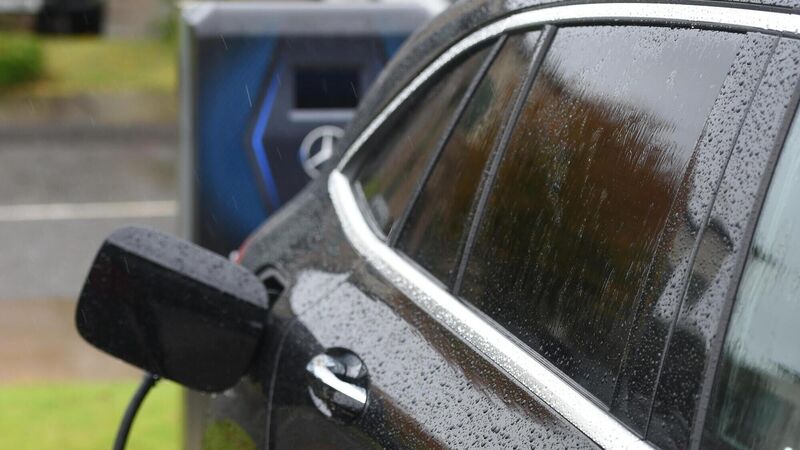Removing tax relief could add €4,000 to cost of an electric car

Vehicle-registration-tax relief of up to €5,000 on electric cars is to expire by the end of the year. Picture: Larry Cummins
Incentives to buy electric vehicles (EV) should be expanded, rather than removed, in the upcoming budget, if Ireland is to meet emissions targets in the climate crisis, industry figures have warned.
The Irish Electric Vehicle Owners' Association (IEVOA) and consumer website, IrishEVs.com, jointly called for existing measures to be retained, as it emerged that the Department of Finance's Tax Strategy Group had proposed that incentives should only apply to cars that cost less than €40,000.










